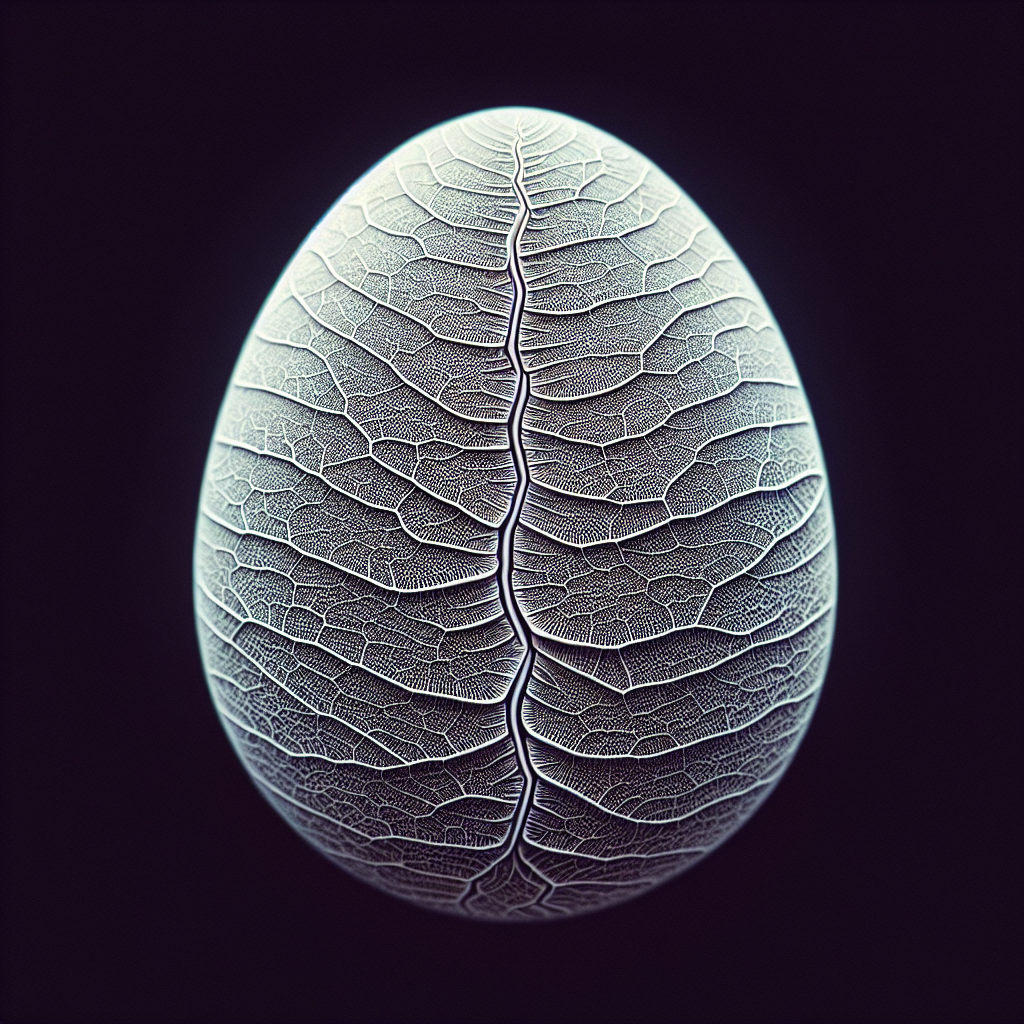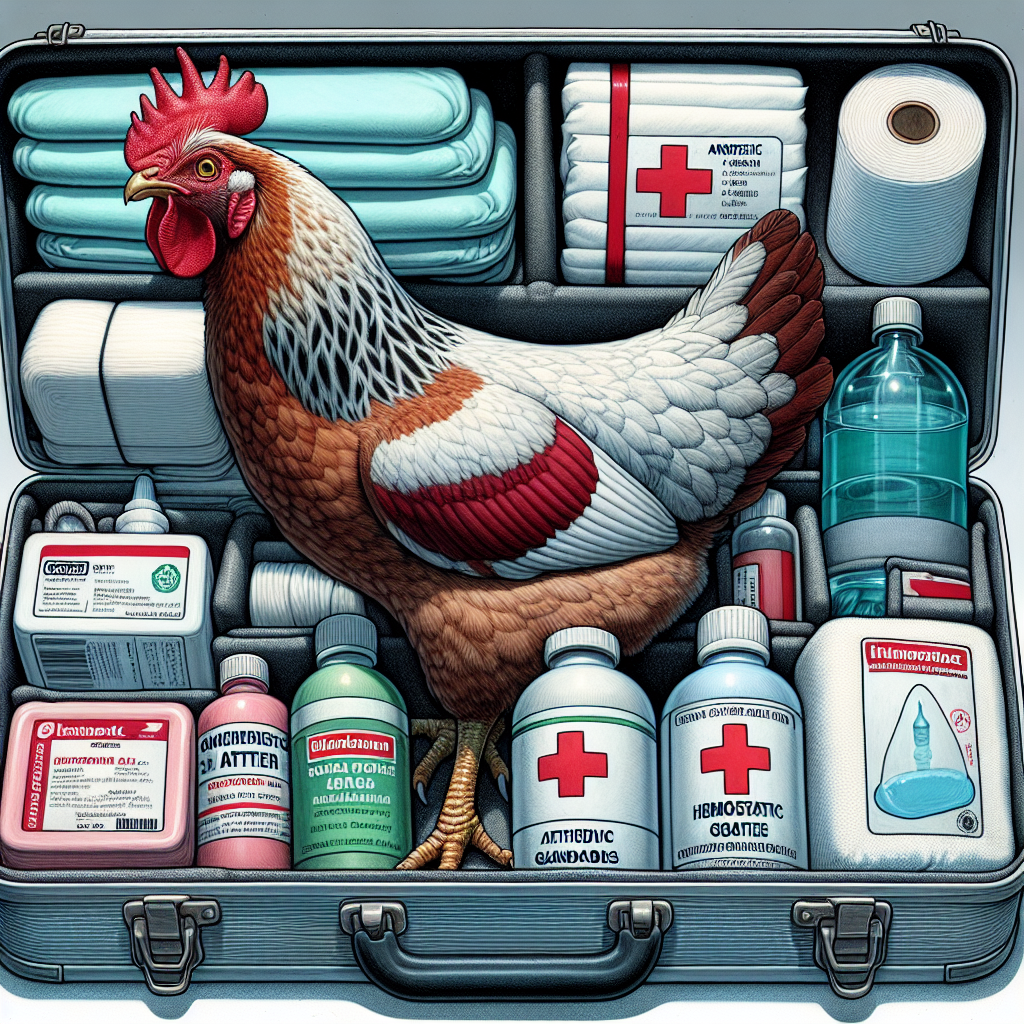Are you a chicken owner who is concerned about mites and lice infestations in your flock? If so, you’ve come to the right place! In this article, we will explore various methods to not only prevent but also effectively treat cases of mites and lice infestations in chickens. By following these simple yet effective techniques, you can ensure the health and well-being of your beloved feathered friends. From natural remedies to practical prevention measures, we’ve got you covered. So let’s get started and help you maintain a mite and lice-free chicken coop!
Prevention of Mites and Lice Infestations
Maintaining a Clean Environment
One of the most effective ways to prevent mites and lice infestations in chickens is by maintaining a clean environment. Regularly cleaning the coop and removing any debris or waste can greatly reduce the risk of infestations. You should sweep the floor, remove any dirty bedding, and scrub any surfaces that may harbor pests. Additionally, providing adequate ventilation can help keep the coop clean and dry, preventing the conditions that mites and lice thrive in.
Regularly Inspecting and Monitoring Chickens
Another crucial step in preventing infestations is to regularly inspect and monitor your chickens. Take the time to carefully examine your birds for any signs of mites or lice, such as visible insects, redness, or irritated skin. Pay close attention to the vent area, under the wings, and around the base of the feathers, as these are common areas where pests like to hide. By catching infestations early on, you can take the necessary steps to treat them before they become a larger problem.
Quarantining New Birds
If you plan on adding new chickens to your flock, it’s important to quarantine them before introducing them to the existing birds. This precautionary measure helps prevent the spread of mites and lice from one group of chickens to another. Keep the new birds in a separate area for a few weeks and monitor them closely for any signs of infestations. This gives you the opportunity to address any issues before they have the chance to spread throughout the entire flock.
Avoiding Overcrowding
Overcrowding can create an ideal environment for mites and lice to spread. Birds that are overcrowded have less space to roam and dust bathe, which can lead to stress and poorer overall health. Ensure that your chickens have enough space in the coop and run to comfortably move around. By avoiding overcrowding, you minimize the chances of infestations and promote a healthier living environment for your flock.
Implementing Dust Bathing Areas
Dust bathing is an essential behavior for chickens to keep themselves clean and naturally combat mites and lice. Providing a designated dust bathing area in the coop or run is important for maintaining their overall health and preventing infestations. Use a dust bath mix that includes diatomaceous earth, wood ash, and sand, as these help suffocate and repel pests. Encourage your chickens to use the dust bath area by placing it in a shaded and accessible location.
Using Natural Remedies and Herbs
In addition to implementing preventive measures, you can also use natural remedies and herbs to deter mites and lice from infesting your chickens. Some commonly used herbs with repellent properties include lavender, mint, thyme, and rosemary. You can add them to the coop bedding or hang small bundles in the coop to help keep pests at bay. Additionally, using essential oils like neem or eucalyptus can provide an extra layer of protection against infestations.
Considering Pest-Resistant Breeds
When choosing new chickens to add to your flock, consider selecting pest-resistant breeds. Certain breeds have a natural resistance or tolerance to mites and lice, making them less likely to develop infestations. Do some research on different chicken breeds and talk to experienced chicken keepers in your area to find out which breeds are known to have better resistance to pests. By selecting the right breeds, you can decrease the chances of dealing with mite and lice infestations in the first place.
Providing Proper Nutrition
Proper nutrition plays a critical role in maintaining the overall health and immune system of your chickens, making them less susceptible to infestations. Ensure that your flock has access to a balanced diet that includes a good mix of protein, vitamins, minerals, and essential nutrients. A well-nourished chicken is better equipped to fight off parasites and other health issues. Consider consulting a poultry nutritionist or doing thorough research to provide the best possible diet for your chickens’ needs.
Controlling Wild Bird Populations
Wild birds can carry mites and lice, which can then be transmitted to your chickens if they come into contact with them. Taking steps to control wild bird populations around your chicken coop can help reduce the risk of infestations. This can be done by using bird netting or wire mesh to create barriers that prevent wild birds from entering the coop or run. Additionally, keeping feeders and water sources clean and covered can discourage wild birds from lingering in the vicinity.
Regularly Cleaning and Treating Coops
Lastly, regular cleaning and treating of the coop is crucial in preventing and managing mite and lice infestations. Clean the coop on a regular basis, removing old bedding, feathers, and any other debris that could harbor pests. Disinfect the coop using poultry-safe disinfectants to kill any remaining mites, lice, or eggs. Be sure to follow the instructions on the disinfectant product and take necessary precautions to protect yourself and your flock. Implementing a regular cleaning and treatment routine will help keep your chickens free from infestations.
Treatment of Mites and Lice Infestations
Identifying the Infestation
If you suspect that your chickens are infested with mites or lice, it’s important to accurately identify the type of infestation before proceeding with treatment. Mites and lice can appear similar, but there are a few distinguishing characteristics to look out for. Mites are tiny and often pale or translucent, while lice are larger and have a more visible presence. Examine your chickens closely, focusing on areas where mites or lice are commonly found, and consult a veterinarian or experienced poultry keeper if you need help with identification.
Isolating Infected Chickens
Once you’ve identified an infestation, it’s crucial to isolate the infected chickens from the rest of the flock. This prevents the infestation from spreading and allows you to focus on treating the affected birds individually. Set up a separate quarantine area with appropriate housing, food, and water for the infected chickens. Ensure that the area is secure and well-maintained to minimize stress and promote a speedy recovery.
Cleaning and Disinfecting Coops
To effectively treat mites and lice infestations, it’s important to thoroughly clean and disinfect the coop. Remove all bedding, debris, and droppings, and dispose of them properly. Scrub all surfaces with poultry-safe disinfectants to kill any remaining pests or eggs. Pay close attention to cracks, crevices, and hard-to-reach areas where mites and lice might hide. Allow the coop to dry completely before reintroducing your chickens.
Using Chemical Treatments
Chemical treatments can be an effective option for treating mites and lice infestations, especially in severe cases. There are various poultry-safe products available in the market that are specifically designed to target these parasites. These treatments typically come in the form of sprays, powders, or dusts and should be applied according to the manufacturer’s instructions. It’s important to read and follow the label carefully to ensure the safety of both your chickens and yourself.
Employing Natural Remedies
If you prefer a more natural approach to treating mite and lice infestations, there are several remedies you can try. Some common natural remedies include using diatomaceous earth, herbal sprays, or oil-based mixtures. Diatomaceous earth is a fine powder made from fossilized algae that can effectively kill mites and lice by dehydrating them. Herbal sprays, made from mixtures of herbs such as garlic, lavender, or neem, can also help repel and kill parasites. Diluted essential oils like tea tree oil or eucalyptus oil can be applied topically to affected areas as well.
Applying Topical Treatments
Topical treatments can provide relief and help kill mites and lice directly on the affected chickens. These treatments typically come in the form of creams or sprays that are applied directly to the infested areas. Carefully follow the instructions provided by the product manufacturer and use gloves or other protective gear as needed. Apply the topical treatment in a gentle and thorough manner, ensuring that all affected areas are covered. Repeat the treatment as necessary according to the product instructions.
Administering Oral Medications
In more severe cases or when topical treatments are not effective, oral medications may be necessary. Oral medications for treating mites and lice infestations in chickens are usually prescribed by a veterinarian. These medications come in the form of tablets or liquids and are administered directly into the bird’s mouth or mixed with their food or water. It’s important to consult with a poultry veterinarian to determine the appropriate dosage and duration of treatment based on the severity of the infestation.
Utilizing Pest-Control Products
Alongside direct treatments for infested chickens, utilizing pest-control products in the coop and run can help prevent further infestations. Pest-control products such as powders, sprays, or strips that contain active ingredients like pyrethrin or permethrin can be used to repel and kill mites and lice. Ensure that any product you use is specifically formulated for poultry and follow the manufacturer’s recommendations for application. Regularly replace or reapply these products to maintain their effectiveness.
Monitoring and Repeated Treatments
After treating an infestation, it’s important to closely monitor your chickens and the coop for any signs of a resurgence. Even when effective treatments have been administered, mites and lice can still return if not completely eradicated. Regularly inspect your flock for any signs of itching, irritation, or visible parasites. If you notice any indications of a recurring infestation, take immediate action and repeat the appropriate treatment methods. Consistency and persistence are key in completely eliminating mites and lice from your flock.
Seeking Veterinary Assistance
If the infestation does not improve or if your chickens are experiencing severe discomfort, it’s essential to seek veterinary assistance. A poultry veterinarian can provide professional guidance, conduct more thorough diagnostic tests, and recommend specific treatments tailored to your flock’s needs. In cases of particularly stubborn or widespread infestations, a veterinarian may also be able to provide additional medications or treatments that are not available over the counter. Remember that your veterinarian is a valuable resource and can help ensure the health and well-being of your chickens.




